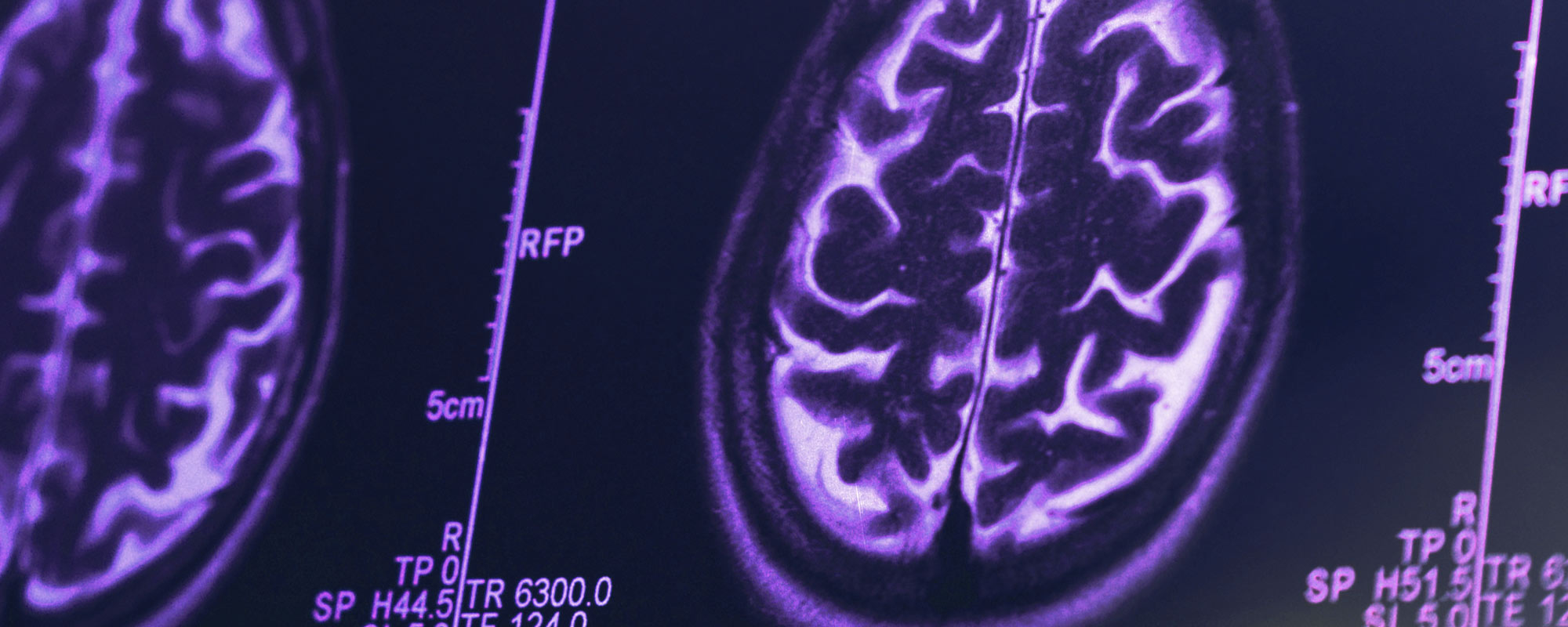New Approaches To One Of The World’s Most Complex Diseases Are Aiming To Give Months And Years Back To Those Facing An Otherwise Uncertain Future
Alzheimer’s disease has been a top priority for biopharmaceutical researchers dedicated to discovering new treatments and cures. Current medicines that treat the disease’s cognitive symptoms are just the beginning. To conquer Alzheimer’s, researchers are working to identify and focus on treatments that may ultimately inhibit or halt disease progression.
In the last decade, emerging science has helped Alzheimer’s researchers unravel some of the major complexities of the disease. The more scientists learn, the better they are at developing new treatments aimed at slowing, and even preventing, Alzheimer's entirely. Today, with nearly 100 potential medicines in clinical trials, researchers are more optimistic than ever that a cure will be found well within our lifetime.


